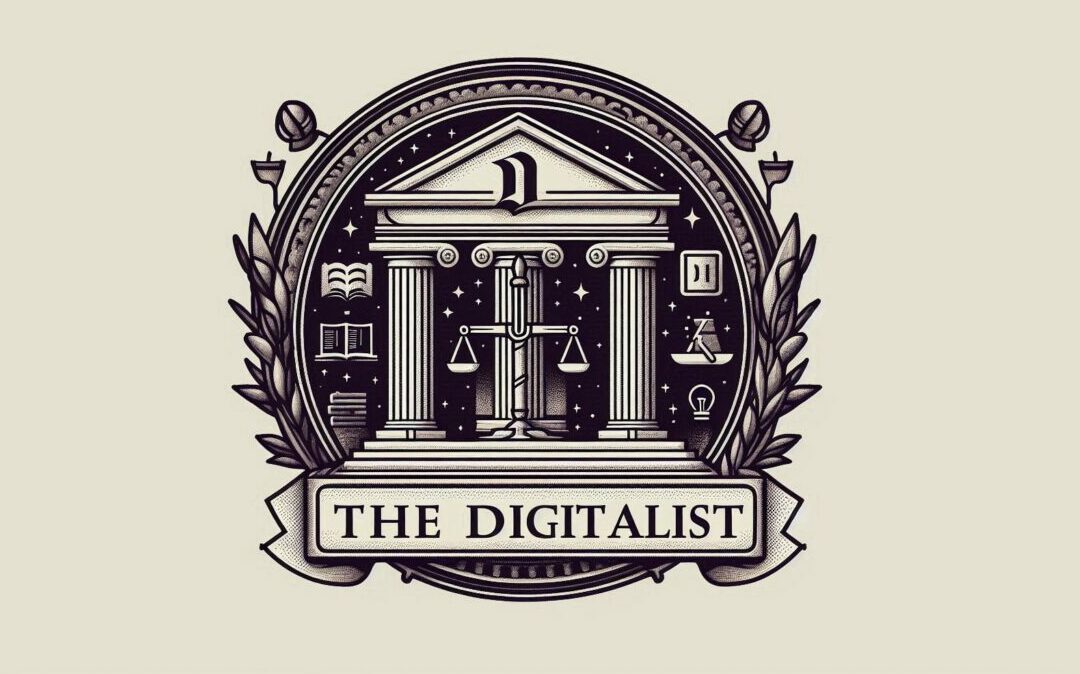Political discourse and survey research both suggest that many Americans believe constitutional protections for free expression extend more broadly than what is reflected in the black letter law. A notable example of this has been the claim — sometimes explicitly constitutionalized — that content moderation undertaken by digital platforms infringes on users’ legally protected freedom of expression. Such claims have proven both rhetorically powerful and politically durable. This suggests that laypeople’s beliefs about the law — distinct from what the state of the law actually is — could prove important in whether content moderation policies are democratically and economically successful.
This Article presents the results of an experiment conducted on a large, representative sample of Americans to address questions raised by the phenomenon of constitutionalized rhetoric about digital platforms and content moderation. The experimental results show that commonly-held but inaccurately broad beliefs about the scope of First Amendment restrictions are linked to lower support for content moderation. Yet constitutional information presented to participants to correct such misapprehensions backfires, leading to lower support for content moderation. These results highlight an undertheorized difficulty of developing widely acceptable content moderation regimes, while also demonstrating a surprising outcome when correcting misrepresentations about the law.

